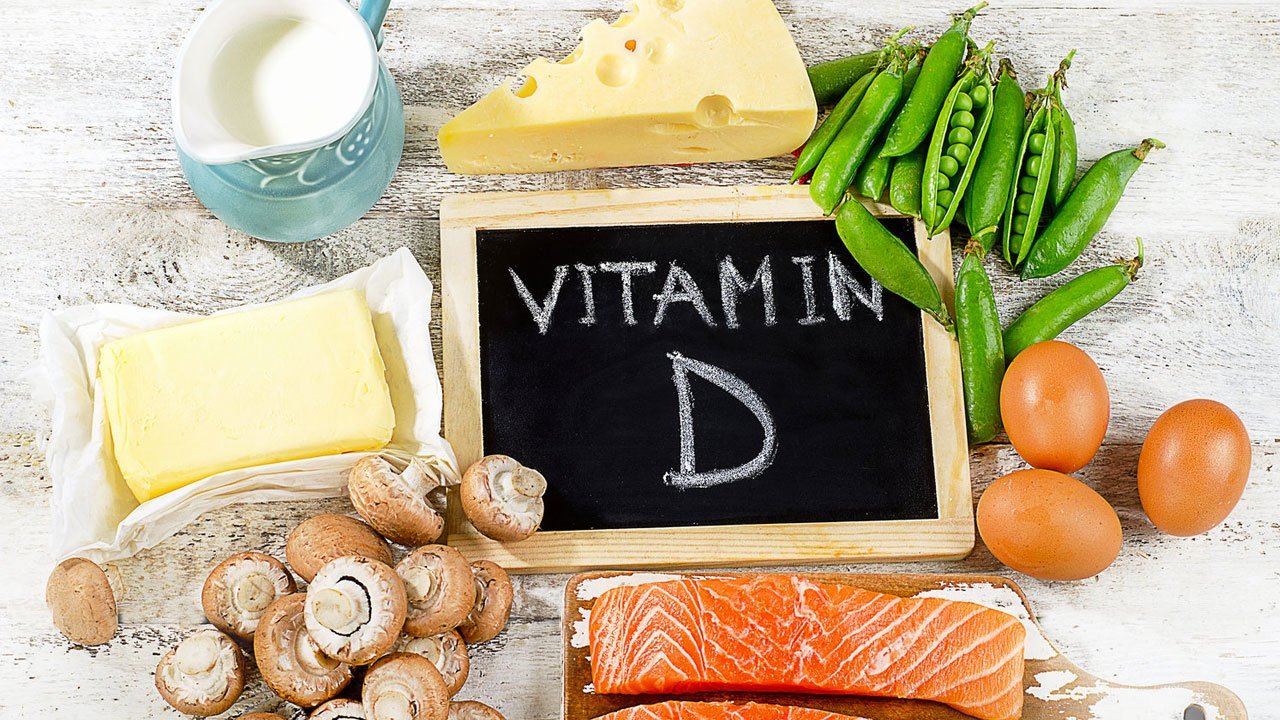Your Cart is Empty
FREE SHIPPING ON ALL ORDERS $75+
Vitamin D is produced when UV rays from the sunshine on our skin. This triggers the production of a hormone. The hormone then travels through our bloodstream to different organs including the bone, muscle, and brain and activates family of proteins called Metabolites 1,25-hydroxyvitamin D3 . It regulates several important functions including immune regulation, muscle control, and, neurological function among others.
Vitamin D is sometimes called the “sunshine vitamin” because it’s produced in your skin in response to sunlight. It’s a fat-soluble vitamin in a family of compounds that includes vitamins D-1, D-2, and D-3.
Your body produces vitamin D naturally when it’s directly exposed to sunlight. You can also get it through certain foods and supplements to ensure adequate levels of the vitamin in your blood.
Vitamin D has several important functions. Perhaps the most vital are regulating the absorption of calcium and phosphorus and facilitating normal immune system function. Getting sufficient vitamin D is important for the normal growth and development of bones and teeth, as well as improved resistance against certain diseases.
If your body doesn’t get enough vitamin D, you’re at risk of developing bone abnormalities such as soft bones (osteomalacia) or fragile bones (osteoporosis).
Here are three more surprising benefits of vitamin D.
In addition to its primary benefits, research suggests that vitamin D may also play a role in:
Research has shown that vitamin D might play an important role in regulating mood and warding off depression. In one study, scientists found that people with depression who received vitamin D supplements noticed an improvement in their symptoms.
In another study of people with fibromyalgia, researchers found vitamin D deficiency was more common in those who were also experiencing anxiety and depression.
While the benefits of vitamin D may help people with depression and anxiety, it is still important to see a Doctor for proper treatment.
Consider adding vitamin D supplements to your diet if you’re trying to lose weight or prevent heart disease. You can find Vitamin D in our daily CBD Vida Gummies along with Vitamin B12 and high-quality extracted CBD oil.
In one study, people taking a daily calcium and vitamin D supplement were able to lose more weight than subjects taking a placebo supplement. The scientists said the extra calcium and vitamin D had an appetite-suppressing effect.
In another study, overweight people who took a daily vitamin D supplement improved their heart disease risk markers.
Many factors can affect your ability to get sufficient amounts of vitamin D through the sun alone. These factors include:
These factors contribute to vitamin D deficiency in an increasing number of people. That’s why it’s important to get some of your vitamin D from sources besides sunlight.
The symptoms of a vitamin D deficiency in adults include:
Doctors can diagnose a vitamin D deficiency by performing a simple blood test. If you have a deficiency, your doctor may order X-rays to check the strength of your bones.
If you’re diagnosed with a vitamin D deficiency, your doctor will likely recommend you take daily vitamin D supplements. If you have a severe deficiency, they may instead recommend high-dose vitamin D tablets or liquids. You should also make sure to get vitamin D through sunlight and the foods you eat.
While people may get most of their vitamin D from sunlight exposure, there are people who cannot rely solely on that. People at risk for developing vitamin D deficiency and many others will benefit from Vitamin D supplements. Vitamin D is naturally present in some foods and added to others. It can be found in the following foods:
People can measure Vitamin D intake in micrograms (mcg) or international units (IU). One mcg of Vitamin D is equal to 40 IU.
The recommended Dietary Allowances for Vitamin D are as follows:
Vitamin D is a nutrient with many potential benefits for your health. It may reduce the risk of certain diseases, help improve mood and reduce depression symptoms and help with weight management.
You can get about 10% of what you need through diet alone, but if you're not getting enough from food sources, talk to your healthcare provider about having your blood tested for vitamin D levels.
Comments will be approved before showing up.
